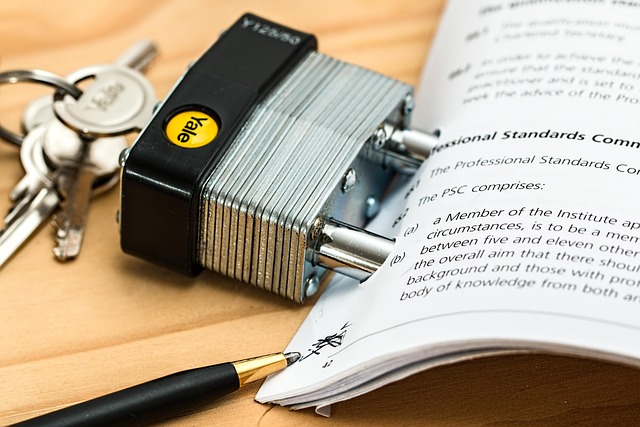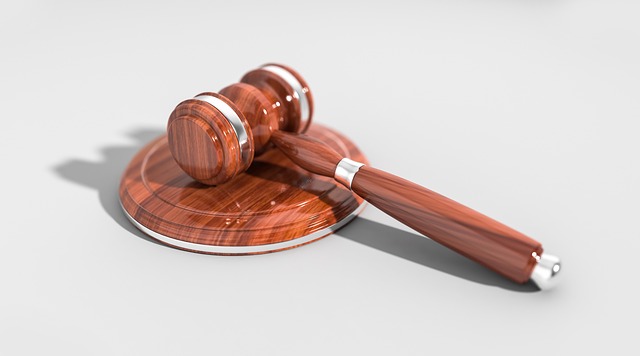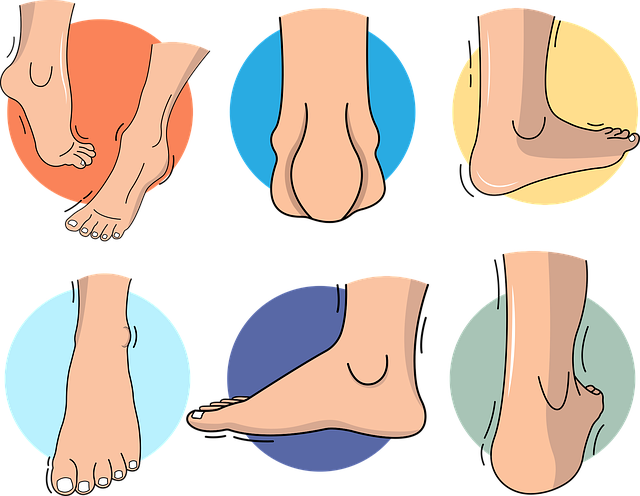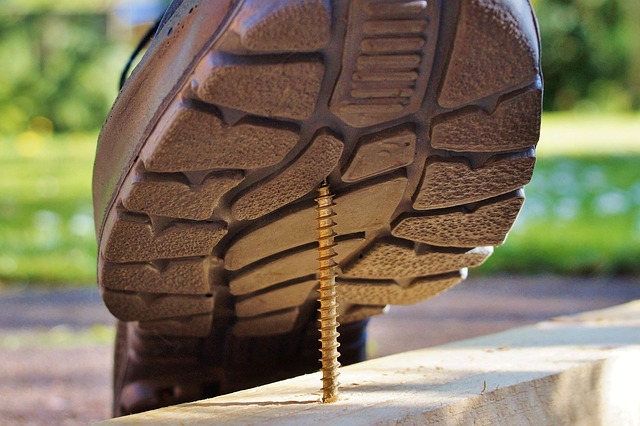Securing comprehensive evidence is personal injury compensation's cornerstone. This includes immediate reporting, documenting healthcare interactions, taking photos, maintaining medical records, tracking expenses, and leveraging an attorney's expertise. Key pieces of evidence like medical records, witness statements, and expert opinions demonstrate injury extent and financial impact, crucial for favorable outcomes in court or during settlement negotiations with insurance companies.
Looking to maximize your personal injury compensation? This comprehensive guide breaks down essential strategies for navigating complex claims. We explore gathering robust evidence and documentation, from medical records to witness statements, to build a strong case. Understanding your legal rights and options is key; we demystify different personal injury cases, settlement negotiations vs. trial, and when to seek professional help. Learn how severity of injuries, lost wages, and pain and suffering impact compensation, plus effective negotiation tactics to secure higher settlements.
- Gathering Evidence and Documentation
- – The importance of evidence in personal injury claims
- – Types of evidence to collect (medical records, witness statements, photographs, etc.)
Gathering Evidence and Documentation

After a personal injury incident, gathering comprehensive evidence and proper documentation is paramount to strengthening your case and maximizing compensation. This includes immediate reporting of the event to relevant authorities, as well as documenting all interactions with healthcare professionals, insurance companies, and witnesses. Take clear photos of injuries, accident scenes, and any relevant items that could support your claim.
Maintain detailed records of medical treatments, including diagnoses, procedures, and prescribed care. Keep track of expenses related to auto repair or caregiver abuse cases, if applicable. A car accident attorney can guide you in organizing this evidence effectively, ensuring it’s presented in the best light during legal proceedings to secure a fair personal injury compensation outcome.
– The importance of evidence in personal injury claims

In personal injury claims, evidence is paramount. It serves as the foundation upon which a successful case is built, clearly illustrating the extent of injuries sustained and the financial burden they have caused. Without solid evidence—medical records, witness testimonies, police reports, and expert opinions—it can be incredibly challenging to secure the full and fair personal injury compensation you deserve. A competent personal injury attorney will know how to gather and present this evidence effectively to strengthen your case and achieve a favorable outcome.
Unlike real estate disputes where legal expertise is crucial, in personal injury cases, it’s equally important to have access to thorough documentation. This includes detailed records of medical treatments, lost wages, and pain and suffering. A personal injury lawyer will guide you through the process of documenting your losses, ensuring that no detail is overlooked and that every aspect of your claim is given the weight it deserves in court or during settlement negotiations with insurance companies.
– Types of evidence to collect (medical records, witness statements, photographs, etc.)

When pursuing personal injury compensation, gathering comprehensive evidence is paramount to building a strong case. Medical records serve as a cornerstone, detailing the extent and duration of injuries, treatments received, and associated costs. These documents not only validate your physical and emotional trauma but also help calculate the economic burden, including medical bills, lost wages, and potential future expenses.
Beyond medical documentation, witness statements carry significant weight. Firsthand accounts from bystanders or individuals who witnessed the incident can provide crucial insights into the sequence of events, negligence involved, and any contributing factors. Additionally, photographs, whether of injuries, accident scenes, or property damage, serve as tangible evidence that can leave a lasting impression on juries. In cases like wrongful death claims or nursing home neglect, these pieces of evidence are instrumental in securing just personal injury compensation.
Maximizing your personal injury compensation begins with thorough documentation and gathering robust evidence. By collecting medical records, witness statements, and high-quality photographs, you strengthen your claim. This process ensures that you receive fair and adequate compensation for your injuries and associated losses. Remember, the more comprehensive your evidence, the better positioned you’ll be to navigate the legal system successfully.





